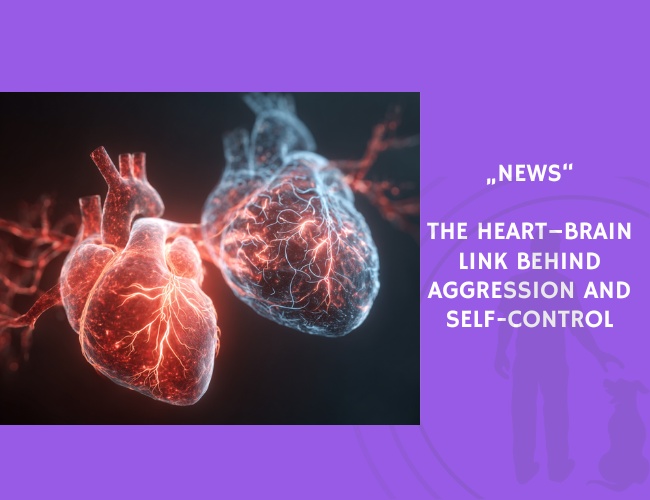What happens when the heart and brain fail to cooperate? New research by Gillespie et al. (2017) sheds light on the neurobiology of aggression and poor self-regulation.
What drives aggressive and antisocial behaviour? For decades, psychology has focused on environment and personality. But new evidence points inward — to the neurobiological mechanisms governing self-regulation.
In their 2017 study, Gillespie et al. explore how the amygdala–prefrontal cortex circuitry and heart–brain interactions affect behavioural control. The research shows that individuals with reduced connectivity between these systems are more prone to impulsive aggression, poor emotional regulation, and antisocial tendencies.
Key physiological markers — such as heart rate variability (HRV) — play a role in behavioural outcomes. Lower HRV is linked with reduced prefrontal inhibitory control, making it harder to suppress emotional outbursts and aggressive impulses.
The implications are profound: interventions aimed at improving self-regulation may be most effective for those with identifiable deficits in these heart–brain systems. Biofeedback, mindfulness, and targeted therapies could support neurological rebalancing and improved behavioural outcomes in at-risk populations.
This research adds weight to the view that aggression is not simply a choice — but often a failure of regulation within the neurovisceral feedback loops that anchor emotional control.
Self-regulation and aggressive antisocial behaviour: insights from amygdala-prefrontal and heart-brain interactions.
Psychology, Crime & Law, 24, 243–257. Published 2017-12-11.










